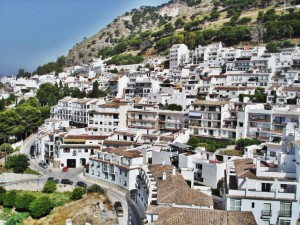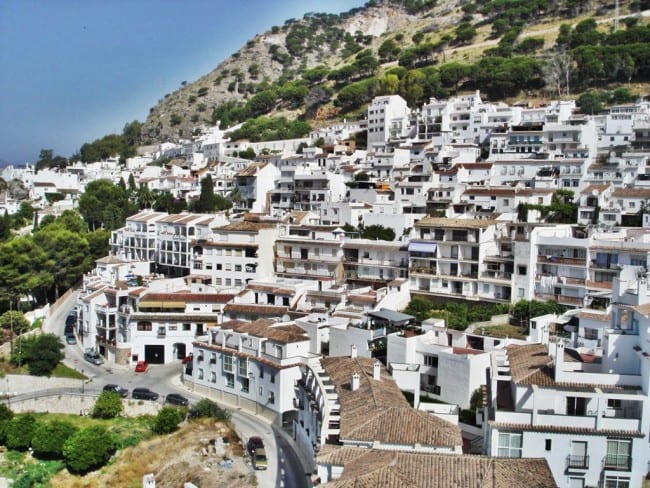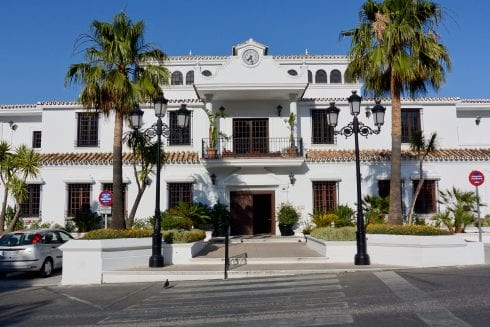 IF you live in an urbanisation you may feel exploited by the heavy taxes you pay and the few services you receive.
IF you live in an urbanisation you may feel exploited by the heavy taxes you pay and the few services you receive.
There has been a lot of talk about ‘reception’ of the urbanisations. What does it mean?
In Mijas there are three urban centres: Mijas Pueblo, Las Lagunas, and La Cala.
In these areas, the Council takes care of … well, everything: street cleaning, gardening, repairs, street lighting and so on. Instead of developing around these urban centres the urbanisations developed in rural locations and began to spiral out of control.
After all the council got more money from licences and the business and employment that this brought with it.
For many years, they ran themselves, as, technically, they were not finished, and the Socialist governments were very happy to receive all the income at no cost to them.
Forty years later, this is nonsense.
In 2011, when Angel Nozal came into power, he began a process of ‘reception’ of the urbanisations. He felt it unfair that they paid more than people living in these urban centres and received less services.
Firstly, he changed all the street lighting bills over to the council’s account since the Council pays less for electricity than other consumers.
He also installed recycling bins around the urbanisations, previously the urbanisations’ responsibility.
He strimmed all abandoned plots, put street names and house numbers, so post could be delivered. Nozal planned to extend this process around Mijas, but when they lost their majority in 2015, it ground to a halt.
So, why didn’t he just take over everything?
Here’s the first rub. To take charge of, for example, road repairs, the urbanisations have to sign the roads over to the council. If not, any work done would be a grant ‘in kind’, and the Tax department sees it as income, thus creating individual tax liability on this ‘income’.
The Tripartite has paid around €200,000 for a report on reception of the urbanisations, but, in their usual transparent manner, the opposition parties haven’t seen a copy.
Now, the second rub. The report was to look at the original plans submitted for the construction of the urbanisations on the basis that they would only be ‘received’ if the plans had been followed to the letter.
In theory, none of the houses should have been granted First Occupations Licences if the plans had not been followed, but the successive PSOE governments weren’t interested in that; they were only interested in having people in the houses and extra taxes.
So, where does that leave the Urbanisations? Frankly, in deep doo doo. There is a ray of hope, however.
At the last meeting of the International Community last month, Angel Nozal restated his commitment to ‘finishing the job’. Nozal said: “This is about working with the urbanisations and to make this happen.
We don’t want to take possession of the urbanisations, but we do want them to be treated with equality and fairness, as Mijas is much more than just the three Urban centres.”








